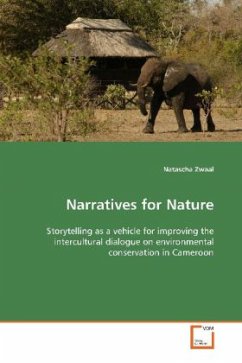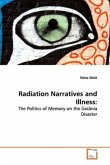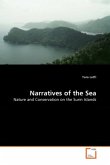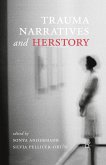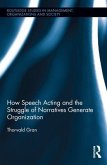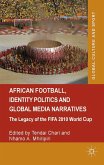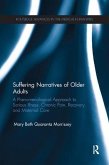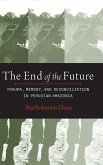In a globalizing world, intercultural communication
becomes more and more important. Especially complex
issues, such as environmental conservation, need
careful dialogue in order to have a fruitful
participation of local stakeholders. In practice,
however, local people in developing countries are
often confronted with western concepts and styles of
communication.
This book describes a research carried out during
1998-2002 on local stories and storytelling
traditions in Cameroon. The aim was to get more
insight in local perceptions of nature and
human-nature relationships through these stories, and
to compare these stories with the current ideas of
western
environmentalists. Furthermore,
storytelling was used as a tool to improve an
intercultural dialogue. By using dilemma tales the
author was able to create an open and relaxed
atmosphere in which local people were able to express
themselves freely and share their ideas.
This books aims to inspire everone who is interested
in ways to improve intercultural communication.
Storytelling stimulates local participation and may
in the end lead to better and more sustainable
solutions.
becomes more and more important. Especially complex
issues, such as environmental conservation, need
careful dialogue in order to have a fruitful
participation of local stakeholders. In practice,
however, local people in developing countries are
often confronted with western concepts and styles of
communication.
This book describes a research carried out during
1998-2002 on local stories and storytelling
traditions in Cameroon. The aim was to get more
insight in local perceptions of nature and
human-nature relationships through these stories, and
to compare these stories with the current ideas of
western
environmentalists. Furthermore,
storytelling was used as a tool to improve an
intercultural dialogue. By using dilemma tales the
author was able to create an open and relaxed
atmosphere in which local people were able to express
themselves freely and share their ideas.
This books aims to inspire everone who is interested
in ways to improve intercultural communication.
Storytelling stimulates local participation and may
in the end lead to better and more sustainable
solutions.

